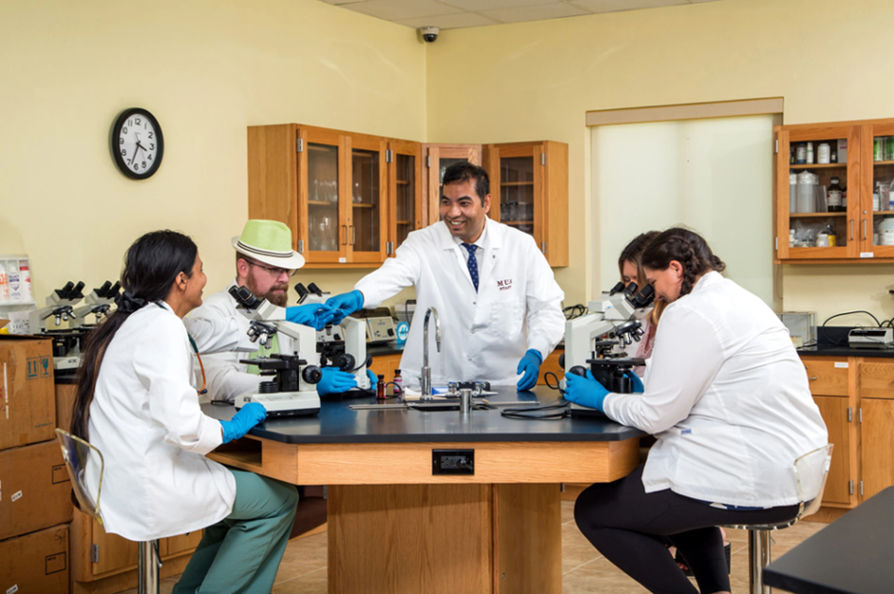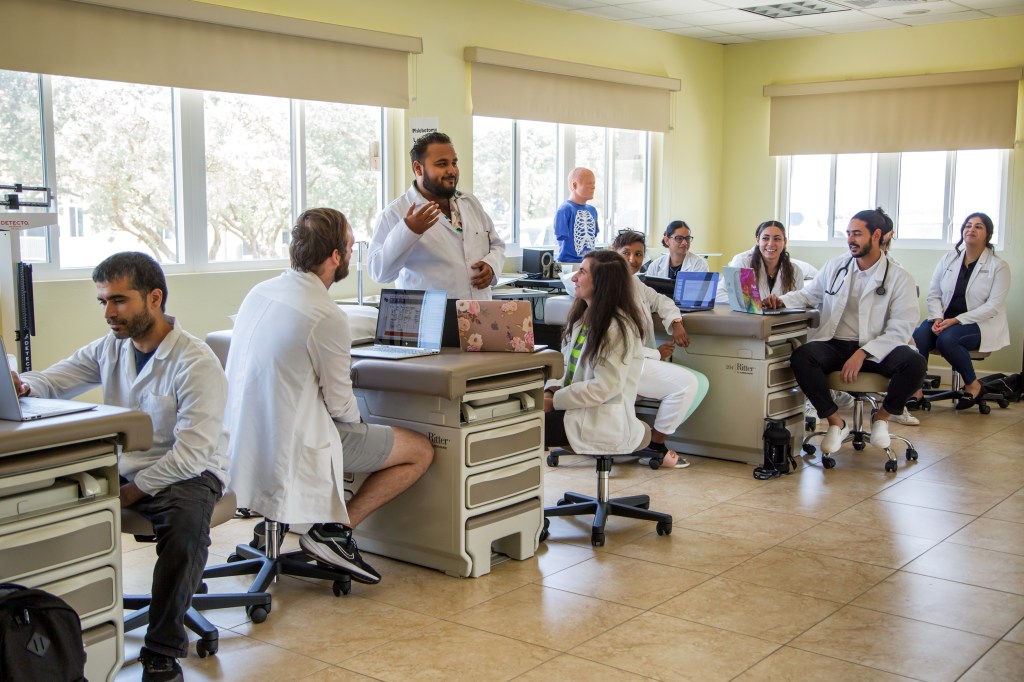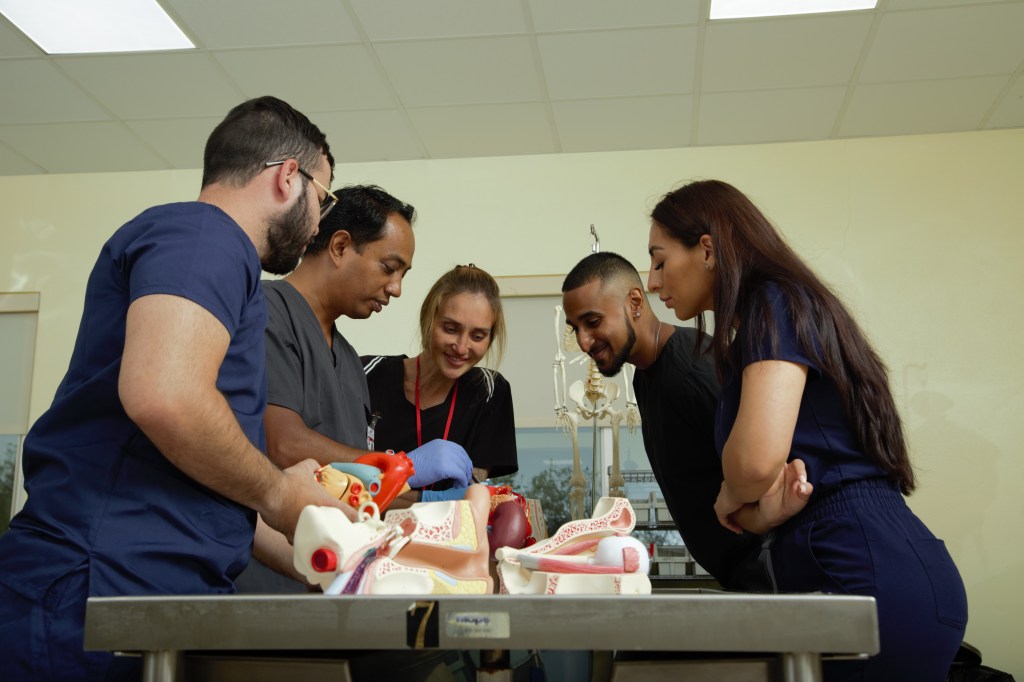
What is Pathology and What Does a Pathologist Do?
What is pathology?
Pathology is the field of medicine that focuses on the causes and natures of diseases.
Focusing on the study of disease requires a detailed and extensive knowledge of medicine, and pathologists must spend several years training for this role. Pathology links science and medicine and is considered a ‘support specialty,’ similar to radiology, because it is ancillary to clinical medical staff.
Since the field of pathology is intertwined with other fields of medicine, many treatment decisions that other physicians have to make will have been influenced by pathologists in some way.


What is a pathologist?
A pathologist is a type of medical doctor. They have specialized training to deal with a variety of medical conditions, and they are trained to work with bodily fluids such as blood and human tissue. Pathologists are essential for diagnosing, treating and monitoring a variety of diseases.
What does a pathologist do?
Pathologists examine specimens to give tissue diagnoses and manage clinical labs organised by other physicians, from microbiology to hematology to chemistry. Since pathology is the field of medicine concerned with body tissues and body fluids, pathologists examine these tissues to understand how diseases affect our bodies on a cellular level.
Some additional responsibilities of a pathologist include:
- Examining a range of patients and using diagnostic skills to decide which tests are required.
- Supporting and guiding clinical staff.
- Working with biomedical scientists in a laboratory setting.
- Offering advice and interpreting test results.
- Delivering clinical care to patients.
- Taking on managerial responsibilities, e.g. planning workload and staffing.
- Conducting field research and staying up to date with relevant information.
How do you become a pathologist?
To become a pathologist, you must start with a four-year undergraduate degree, preferably in biology or chemistry. Following this, you must secure a spot at an accredited medical school. You will need to carry out a medical residency as part of working towards your full licensure as an independent practitioner, after having completed your MD degree. Generally, a pathology residency will last three years and will combine anatomical and clinical pathology practice. You will also need to complete additional training to specialize in a specific area.
What are the different subspecialties in pathology?
There are two main branches of pathology: anatomic and clinical, with many pathologists practicing both. Anatomic pathology focuses on examining body organs and tissues, encompassing the evaluation of diverse specimens like PAP smears, biopsies, surgical resections and conducting autopsies. On the other hand, clinical pathology centers on analyzing bodily fluids such as blood and urine. Both disciplines feature various subspecialties, offering extensive opportunities to focus in specific areas. These include:
- Chemical pathology: the examination of bodily fluids and toxicology to diagnose and manage disease.
- Hematopathology: the diagnosis of diseases of blood, bone marrow and lymph nodes.
- Cytopathology: the diagnosis of diseases — especially cancer — through the study of cells from tissues, fluids and secretions.
- Dermatopathology: the examination of skin diseases at a microscopic level.
- Forensic pathology: the study of corpses during autopsy to determine causes of death.
- Neuropathology: the diagnosis of nervous system diseases through the examination of tissues and cells.
- Pediatric pathology: the study of tissues and cells to study disease and illness in fetuses, infants, children, adolescents and young adults.
- Transfusion medicine pathology: the management of blood bank services.
Where do pathologists work?
Pathologists have the flexibility to practice in various settings, including but not limited to:
- Community hospitals and clinics
- University hospitals and clinics
- Government hospitals and clinics
- Independent laboratories
- Private offices
The daily life of a pathologist
Pathologists have critical jobs since their work involves a range of responsibilities crucial to patient care. A pathologist’s day-to-day duties will depend on their seniority level, their specification and the needs of the area they are working in. However, in general, a pathologist’s day may begin with reviewing patient histories, followed by examining tissue samples under microscopes or through advanced imaging technologies.
Pathologists’ daily tasks also include analyzing blood samples and scrutinizing biopsy specimens, with their overarching goal being to identify diseases and provide accurate diagnoses. They collaborate with clinicians and other healthcare professionals, interpreting test results, giving treatment option insights and offering patient management strategies. Beyond the laboratory, pathologists may participate in multidisciplinary meetings, engage in research endeavors, and educate medical students and residents. Pathologists navigate each day with a commitment to advancing healthcare outcomes and systems, both locally and globally.
The impact of pathologists on healthcare
Pathologists are vital for the analysis of blood tests and smear tests, and help develop new treatments and methods of preventing and protecting against disease. Pathologists also play a critical role in guiding clinicians toward the most effective intervention options based on patients’ needs. Pathologists help ensure timely and targeted care by identifying diseases and enhancing patient outcomes.
Beyond individual cases, pathologists contribute to broader efforts to understand disease trends and advance medical research. Through their interdisciplinary collaborations, pathologists foster innovation, drive quality improvement efforts and champion patient safety initiatives. As advocates for excellence in diagnostics, pathologists profoundly impact healthcare delivery, shaping a future where precision and compassion converge to optimize patient well-being.
Is pathology for you?
As you will have concluded, the important role of pathologists in healthcare cannot be overstated. Pathologists play a vital part in the medical industry, from the examination of tissue samples to their role in providing accurate diagnoses and subsequent treatments. Pathologists possess dedication and commitment to enhancing the medical industry and the health of their patients.
As advocates for excellence in diagnostics and champions of patient well-being, pathologists continue to shape the future of medicine, ensuring that every individual receives the highest standard of care. In a world where precision and compassion intersect, pathologists stand at the forefront, illuminating the path towards a healthier, more informed future for all.
If you’re interested in a career in pathology and are looking for the right medical school to help you get there, be sure to learn more about the 4-year MD program at Medical University of the Americas.
Frequently Asked Questions
Pathologists’ salaries vary based on location, experience, specialty and employer. Generally, pathologists in the United States earn approximately $275,000 to $350,000 USD a year.
To become a pathologist, you require a very specialized skill set. A pathologist needs to complete a bachelor’s degree (4 years), attend medical school (4 years), and complete residency training in pathology (4 years). Additional training in a pathological specialty would add more time as well. Overall, this can take 12+ years to complete. However, you will be growing your skills, knowledge and experience in the field during that time, and developing a very bright career in medicine!
To become a pathologist, you must obtain a medical degree (such as a Doctor of Medicine degree) from an accredited medical school. After completing medical school, you must complete a pathology residency program, typically a four-year training program.
Yes, a pathologist is a medical doctor. Pathologists must possess a medical degree (such as a Doctor of Medicine degree), undertake a residency in pathology and complete licensing requirements before they can practice independently.

Useful links
Get in touch for more information